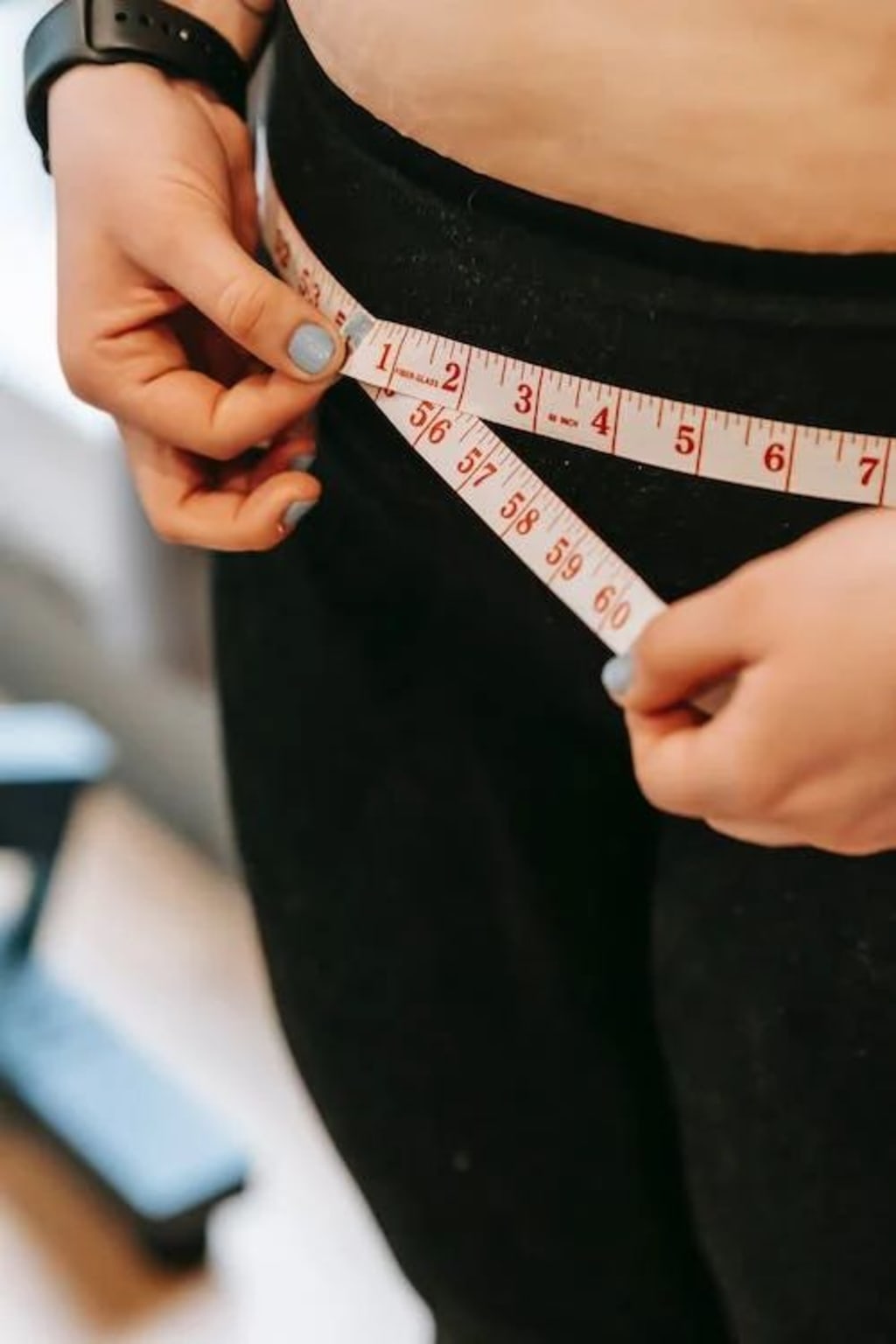Which diet is better for healthy weight loss?
weight loss

There isn't a one-size-fits-all answer to this question because different diets work for different people. However, here are a few popular and well-regarded diets for healthy weight loss:
Mediterranean Diet: This diet emphasizes whole foods, including fruits, vegetables, whole grains, lean proteins, and healthy fats like olive oil and nuts. It is known for its association with improved heart health and overall well-being.
DASH Diet: DASH stands for Dietary Approaches to Stop Hypertension. It focuses on reducing sodium intake and emphasizes fruits, vegetables, whole grains, lean proteins, and low-fat dairy products. It is designed to lower blood pressure but can also support weight loss.
Flexitarian Diet: This is a flexible and plant-based approach that encourages primarily vegetarian meals while allowing for occasional meat consumption. The emphasis is on whole, unprocessed foods such as fruits, vegetables, legumes, and whole grains.
Low-Carb Diets (e.g., Atkins, ketogenic diet): These diets restrict carbohydrate intake and emphasize proteins and fats. They can be effective for short-term weight loss, but long-term adherence may be challenging for some individuals.
Plant-Based Diets: These diets focus on plant-based foods, such as fruits, vegetables, whole grains, legumes, and nuts. They can be effective for weight loss due to their high fiber content and lower calorie density.
Weight loss for teenagers should be approached with caution and under the guidance of a healthcare professional, as teenagers have different nutritional needs due to their growth and development. Here are some general tips for teenagers looking to achieve a healthy weight:
Balanced diet: Focus on consuming a well-balanced diet that includes a variety of fruits, vegetables, whole grains, lean proteins, and healthy fats. Avoid skipping meals, especially breakfast, as it can lead to overeating later in the day.
Portion control: Be mindful of portion sizes and avoid excessive calorie intake. Use smaller plates and bowls to help control portion sizes, and listen to your body's hunger and fullness cues.
Reduce sugary and processed foods: Limit consumption of sugary drinks, fast food, processed snacks, and desserts. These foods tend to be high in calories and low in nutrients, and they can contribute to weight gain.
Regular physical activity: Engage in regular physical activity that you enjoy, such as sports, dancing, cycling, or brisk walking. Aim for at least 60 minutes of moderate to vigorous activity most days of the week.
Limit screen time: Reduce the amount of time spent on sedentary activities like watching TV, playing video games, or using electronic devices. Encourage more active hobbies and participate in outdoor activities.
Stay hydrated: Drink plenty of water throughout the day. Sometimes, thirst can be mistaken for hunger, leading to unnecessary snacking.
Seek support: Talk to a healthcare professional, such as a pediatrician or a registered dietitian, who can provide guidance and support for healthy weight management. They can help create a personalized plan based on your specific needs and goals.
Losing weight while working in an office job can be challenging due to the sedentary nature of the work. However, there are several strategies you can implement to promote weight loss and overall health:
Stay active throughout the day: Take frequent breaks to stretch, walk around, or do some light exercises. Consider incorporating short bursts of physical activity, like taking the stairs instead of the elevator or going for a walk during lunch breaks.
Stand or move whenever possible: Look for opportunities to stand instead of sitting, such as using a standing desk or conducting walking meetings. Set reminders to stand up and move around every hour to break up prolonged periods of sitting.
Pack a healthy lunch: Bring your own lunch to work, as it gives you control over the ingredients and portion sizes. Prepare meals that are balanced, incorporating lean proteins, whole grains, plenty of vegetables, and healthy fats. Avoid relying on processed and high-calorie convenience foods.
Snack smart: Choose nutritious snacks like fruits, vegetables, nuts, or yogurt instead of reaching for unhealthy vending machine options. Keep healthy snacks readily available at your desk to avoid mindless snacking on unhealthy choices.
Stay hydrated: Drink water throughout the day to stay hydrated and curb unnecessary snacking. Avoid sugary drinks like sodas and fruit juices, as they can add excess calories.
Plan your meals and snacks: Take time to plan your meals and snacks in advance to avoid impulsive and unhealthy food choices. Prepare meals at home and bring them to work, or research nearby restaurants that offer healthy options.
Practice portion control: Be mindful of portion sizes when eating meals and snacks. Use smaller plates or containers to help control portion sizes and prevent overeating.
Prioritize healthy food choices: Opt for whole, unprocessed foods whenever possible. Choose lean proteins, whole grains, fruits, vegetables, and healthy fats. Minimize consumption of sugary snacks, processed foods, and sugary drinks.
Manage stress: Stress can contribute to unhealthy eating habits. Find stress-management techniques that work for you, such as deep breathing exercises, mindfulness, or engaging in hobbies you enjoy.
Make time for exercise: Incorporate regular exercise into your routine, even outside of work hours. Find activities you enjoy, such as joining a gym, participating in group classes, or engaging in outdoor activities. Aim for at least 150 minutes of moderate-intensity aerobic activity or 75 minutes of vigorous-intensity activity per week.
Remember, creating a healthy and sustainable lifestyle is key to long-term weight loss. It's important to consult with a healthcare professional or a registered dietitian who can provide personalized guidance based on your specific needs and goals.






Comments
There are no comments for this story
Be the first to respond and start the conversation.